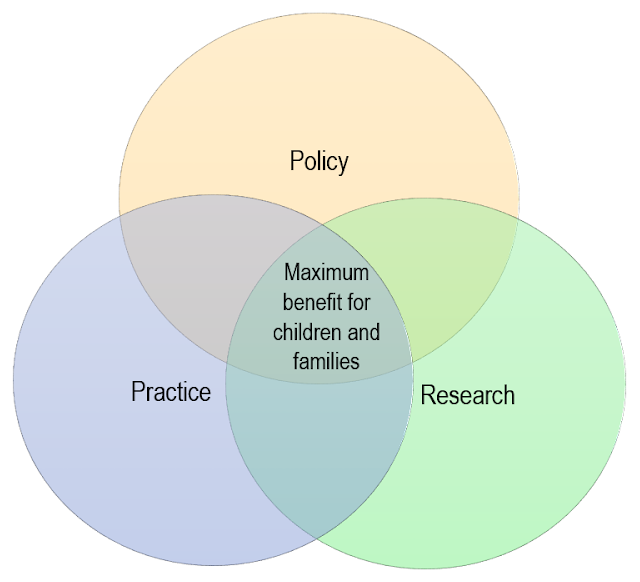‘If you invest in staff, you’ll get the practice right. If you get the practice right, you’ll get the outcomes right, and if you get the outcomes right, the money will follow.’
(Steve Walker, former Leeds Director of Children’s Services, SFPC Programme Director).
In Leeds, we define workforce development as the acquiring of skills and understanding that are integral to the development of a workforce which is capable and committed to making Leeds the best city in the country for children and young people. We have changed the narrative with staff, to frame workforce development as a key part of their role, rather than a narrow definition of training which people can view as taking them out of their ‘day-jobs’. We emphasise that individuals have a professional responsibility to keep their skills and knowledge up to date, whilst also acknowledging our organisational responsibilities to support people to achieve this, through a comprehensive and accessible workforce development offer.
We view our workforce development offer as explicitly informing and being informed by research, policy and practice; each element is critical:
- Policy and practice without research – uninformed practice which may cause harm to children and families.
- Research and practice without policy – there may be isolated benefits for individual children and families, but there can be no systemic change.
- Research and policy without practice – no impact on the lives of children and families.


The Workforce Development Service recruits and retains educators, with a range of professional skills and practice backgrounds including early years, youth justice, community health and social work. These colleagues research, write, road test and deliver programmes. Leeds commissions very little from external trainers, and would only do so in response to an urgent need, or when specialist knowledge is required. In this way, Leeds can ensure that its principles, ethos and values are reflected throughout the workforce development offer.
The development and professionalisation of the workforce development offer in Leeds has been central to the Leeds improvement journey, both across Children and Families as a whole and specifically within the Children’s Social Work Service. When Leeds was judged to be inadequate in 2010, the social work service had 25% agency staff and a high proportion of staff with fewer than two years’ post-qualifying experience.
Leeds responded to this challenge by investing in its staff; this meant not only increasing the number of social work posts in order to respond effectively to demand, but also ensuring that social workers felt valued by the organisation and supported to do the best job they could. We wanted to offer staff the opportunity to stay in Leeds and fulfill their potential throughout their whole career, and this meant completely revising our training and support offer, to establish a clear career pathway from student right through to Head of Service. The social work career pathway has made a significant contribution to workforce stability in Leeds, which now has one of the lowest agency rates in the country and a good level of post-qualifying experience.


Jump Months
d april 2025
